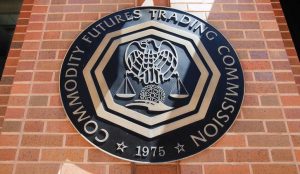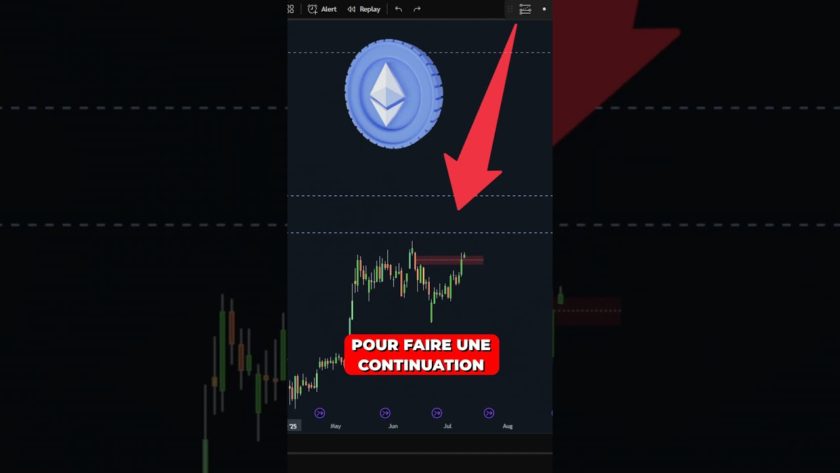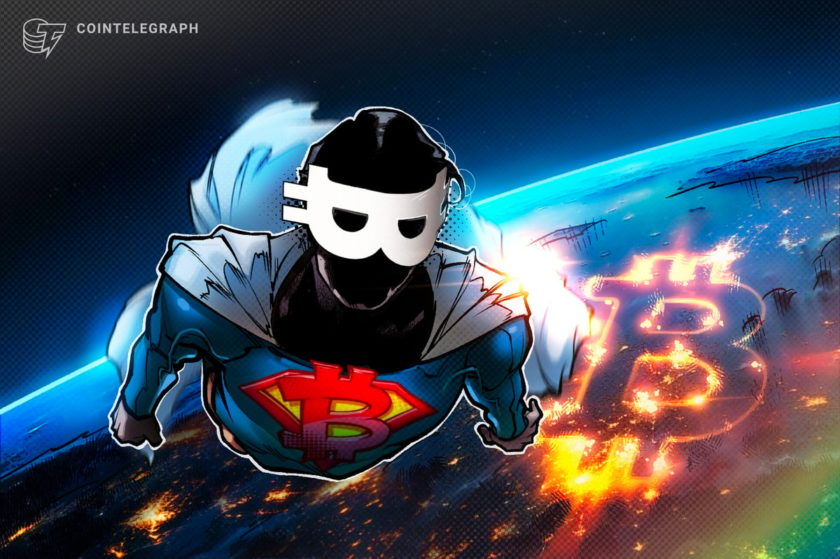Bitcoin has become one of the hottest cryptos that most people will be proud to own. However, trading or just owing BTC can cause physical harm or be on the wrong side of the law. It is advised, therefore, as a bitcoin trader, do not flaunt your BTC holdings and be very cautious with whom you trade with.
In two scenarios outlined below, a Bitcoin trader found themselves on the other side of the law after their BTC trades and dealings failed to appease financial regulators in the United States.
1. U.S Treasury Department descends on an Iranian Bitcoin Trader
Mohammad Ghorbaniyan, an Iranian Bitcoin trader, found himself blacklisted by the United States Treasury Department’s Office of Foreign Assets Control (OFAC) for his connection to the SamSam ransomware attack that affected hospitals,governments, and learning institutions around the world.
Interestingly, the Bitcoin trader says that he knows nothing about handling proceeds of a virus attack. Speaking to Coindesk, Mohammad indicated that he does not know ‘the origins of his apparently tainted Bitcoin.’
The inclusion of his name on OFAC’s blacklist saw the Bitcoin trader denied access to his mail and Blockchain.info account.
However, Ghorbaniyan acknowledged that he has over the past done business with the two FBI suspects – Mohammad Mehdi Shah and Faramaz Shashi – and helped them convert Bitcoin to rial (Iranian currency). And there was nothing suspicious about them.
“Any individuals or exchanges who do send funds to the two may be subject to secondary sanctions, including by being cut off from the U.S. financial system entirely,” noted OFAC.
Shah and Shashi are suspected by the FBI for being behind the SamSam ransomware virus. Ghorbaniyan, who deals in trading and offers BTC to rial conversion services, interacted with the two over WhatsApp and Telegram. After conducting a KYC procedure, he facilitated the conversion. The Bitcoin trader notes that the two ‘were like any other customer.’

“Unfortunately,our names have been declared by the United States Treasury as associated with criminal activities without receiving any contact from the Treasury. We are accused of something we haven’t done! I was not aware of any criminal activities from our customers and I have not committed a crime,” noted the Bitcoin trader.
Ghorbaniyan is agitated by the fact that he operates an Iranian cryptocurrency exchange that follows the law as stipulated by his country and there is no database that holds details of ‘Bitcoins that are associated with criminal activity.’
Additionally,the United States Treasury did not engage the international police who would have then engaged the Iranian police.
2. Jail term slapped on a Bitcoin trader

Joseph Kim, a Bitcoin trader residing in the U.S state of Arizona, found himself at loggerheads with the United States Commodity Futures Trading Commission (CFTC) for running a Bitcoin scam.
On November9th this year, the CFTC:
“Issued an order filing and settling charges against Joseph Kim (Kim), of Phoenix,Arizona, requiring Kim to pay more than $1.1 million for fraudulent Bitcoin and Litecoin scheme. Also today, Kim was sentenced to 15 months on related criminal charges filed in the United States District Court for the Northern District of Illinois,” noted a press release issued by the CFTC.
Along with running the bitcoin scam, the Bitcoin trader also defrauded his previous employer over $600K worth of Bitcoin (BTC) and Litecoin (LTC). When probed about the missing coins, the Bitcoin trader told his former employer, a crypto exchange, that the exchange had a security concern which required him to transfer the BTC and LTC coins into his own accounts.
After being fired, the Bitcoin trader’s thirst for free coins did not subside. He started approaching some of his previous employer’s customers while positioning himself as the owner of a new exchange. Kim was trying to find extra sources of funds to refund his previous employer. Instead of profits, the Bitcoin trader plunged into more losses.
Apart from law and financial regulators, Bitcoin traders have not been exempted from physical harm. Recently, a bitcoin trader in South Africa was tortured by kidnappers who wanted a share of his Bitcoins.
The Bitcoin trader was requested by strangers whom he met on Facebook to conduct a presentation at a private location.
On reaching the venue, he was drugged and later physically harassed. The kidnappers only wanted one thing – for the Bitcoin trader to transfer his Bitcoin to them. Seeing that his life was at stake, the Bitcoin trader credited the kidnapper’s wallet address with BTC worth approximately 59,000 U.S dollars but not after sustaining serious injuries.
Still, in South Africa, Liyaqat Parker, a businessman, was kidnapped at gunpoint and a ransom of 50 BTC paid for his release.
Conclusion
From the above scenarios, being a Bitcoin trader attracts the attention of criminals and law enforcers alike. As a bitcoin trader, you should, among other things, be extra cautious with whom you are trading with and never ever advertise your bitcoin ownership, no matter how small.
Additionally, never wear clothes that imply you own bitcoin.





